I walked into the medical arts building for the last time, I hoped. Finally, after more than two thousand dollars and one full year of weekly, boring, and ineffective alcohol education classes (and I use that term loosely, as I was teacher once, and this was like no class I’d ever known), I would get my driver’s license back.
The irony is that almost forty years prior, I had walked proudly into this very building after having just received my driver’s license at seventeen years old. Full circle in so many ways, and with all the history in between, it hit me how long I’ve been struggling being myself – my entire life.
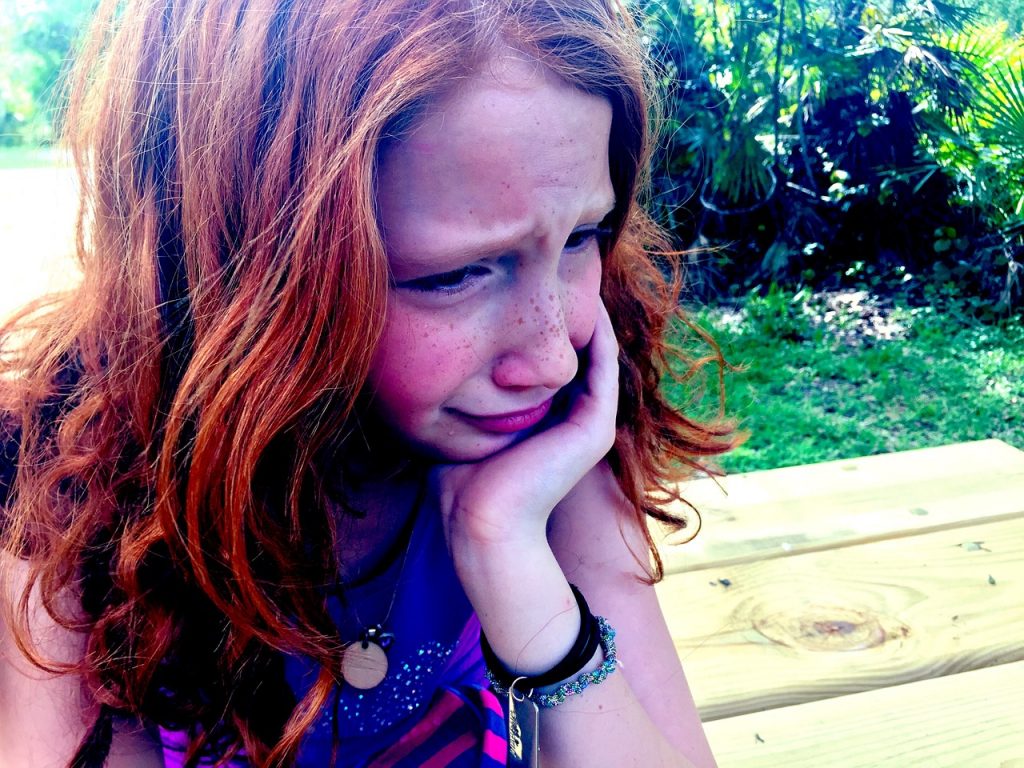
When I was fifteen years old, my teachers and guidance counselor at my all-girls high school contacted my parents because they believed I was depressed and in need of counseling. I remember my parents discussing it, and disagreeing. I think my mom was legitimately concerned about me, and while my dad undoubtedly was also, he didn’t believe in counseling. I think he thought I was simply lazy.
Was I depressed or lazy?
I slept a lot. I dozed during classes, then I went home from school and slept on the couch, got up to eat dinner and do homework, then went to bed. I don’t remember thinking it was odd or that I should be more motivated; I just wasn’t.
I do remember feeling like I didn’t belong where I was, which sounds weird to me now because it was the only place I’d ever been or known. I also remember telling my mother that I felt I needed something of my own, something dear to me, and that I felt something was missing. That was the extent of my ability to describe what I was feeling at the time.
My mother took this to mean that I might become sexually active and get pregnant. I’m not entirely sure where that came from, but being a good Catholic family, an out-of-wedlock child would be the most disastrous thing that could happen, so that motivated her argument to get me into counseling. I didn’t even date yet, so that concern seemed to come out of left field.
I had a motive for wanting to go to therapy as a teenager.

At any rate, after a lot of debate, my mother finally won out, and I started seeing a therapist. For the initial appointment, my parents were present. I don’t remember much of what was said in the office, but I do recall, afterwards, my parents discussing what a waste of time and money it was; at least that was my father’s view. He couldn’t understand how people made a living talking to other people about their problems. I don’t remember feeling like I had any specific problem. I wanted to go to counseling because it would be an opportunity for me to use the car.
The next week, my mom let me drive her 1979 Buick Skylark by myself to the therapist’s office. This was a big deal because my parents had just recently allowed me to get my driver’s license (later than my sisters who, I was told, were more mature), and this is one of the few times I’d been able to drive myself anywhere.
I went on Tuesdays after school. The therapist’s name was Carol and she was very interesting to me. She had curly wild hair, wore colorful flowing skirts and big jewelry — very different from my parents and other adults I knew. I think she was more cosmopolitan than anyone I’d ever known. I liked her.
I don’t remember much of what we talked about, but what made the biggest impression was her explanation of how my childhood was an important time for development. This was the first time I’d ever heard this. Maybe it explained some things.
Early experiences may have contributed to my drinking problem as an adult.
My parents had described to her some unique circumstances surrounding my infancy, which she thought may have contributed to the problem, which I still didn’t understand that I had. This was my first encounter with the notion that patterns develop during childhood, then go with us into adulthood.
My mother was under a lot of stress when she was pregnant with me. My parents had only been married for a few years, had relocated twice already, and she was expecting her third child. I was undoubtedly an accident, and heard this often growing up.
I was “proof” that the rhythm method of birth control was not always effective. (This was the only method of birth control condoned by the Catholic Church, however, and clearly my parents were trying it when they conceived me.)
A perfect emotional storm, felt only by me.
Before I was born, my sister, who was less than one year old, severely injured her head and eye. As a precaution, she had to be carefully and continuously monitored so as not to re-injure herself. Another injury could cause complete blindness. So, just after birth, I went to an aunt’s home to be cared for, since my mom already had another three-year-old to attend to, in addition to the injured sister. I was returned to my family later, after the threat to my sister’s sight diminished, and life continued as normal.

Other events/circumstances helped contribute to a perfect storm of mal-adaptive patterns which developed in my psyche. I had a speech impediment, which at that time was thought to be an intelligence indicator; my mother was overworked and probably couldn’t give me all the attention I required; I attended six schools in twelve years, which was a lot of change for an insecure child needing stability; and I internalized negative messages conveyed through influential adults, like my dad, grandparents, teachers, and the Catholic Church.
My childhood wasn’t bad by any means, and I always had all the necessary things for development. So why did I become an alcoholic?
The answer to that question, as with anyone who becomes addicted to alcohol, is very complicated. There’s rarely one simple explanation.
Alcoholism is complicated, and there isn’t usually one clear issue, but a combination of factors.
But what I have discovered recently is that there were signs of mal-adjustment from when I was very young. It’s no one’s fault, but negative subconscious thought patterns developed which caused me a lot of difficulty.
When I discovered alcohol, those difficulties were relieved for the first time in my life, and I felt much better. So, alcohol slowly became a way for me to handle life, especially when life got rough or stressful.
And what I’ve learned is that the cause of my need to drink had been with me my whole life. It has a name, and a neuro-structure. Once named, it can be understood. Once understood, it can be changed. Then, my life changes, and that is the goal, right?
The cost of my new life was my old one. Indeed, and the cost of the new one necessarily means examining the old one.
Walking into the same medical building, which I walked into years ago, trying to find answers when I was only seventeen, was a perfect and powerful metaphor for continuing my search for my drinking problem at fifty, with much more clarity than ever before. And this site is a chronicle of that very journey.

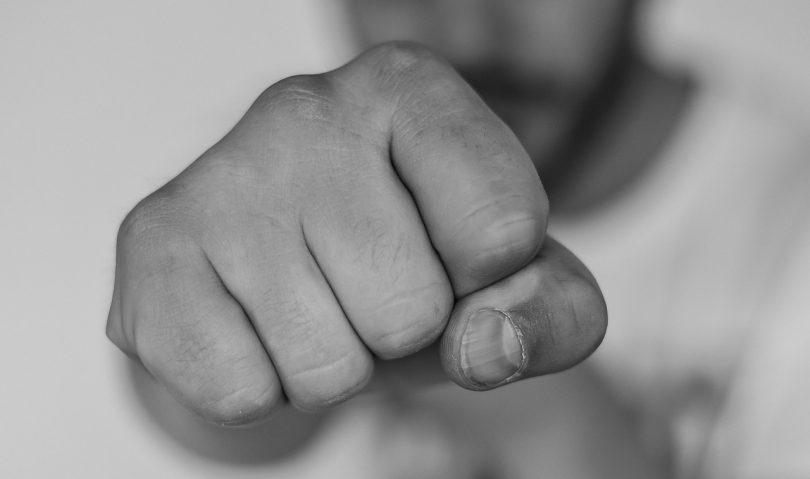

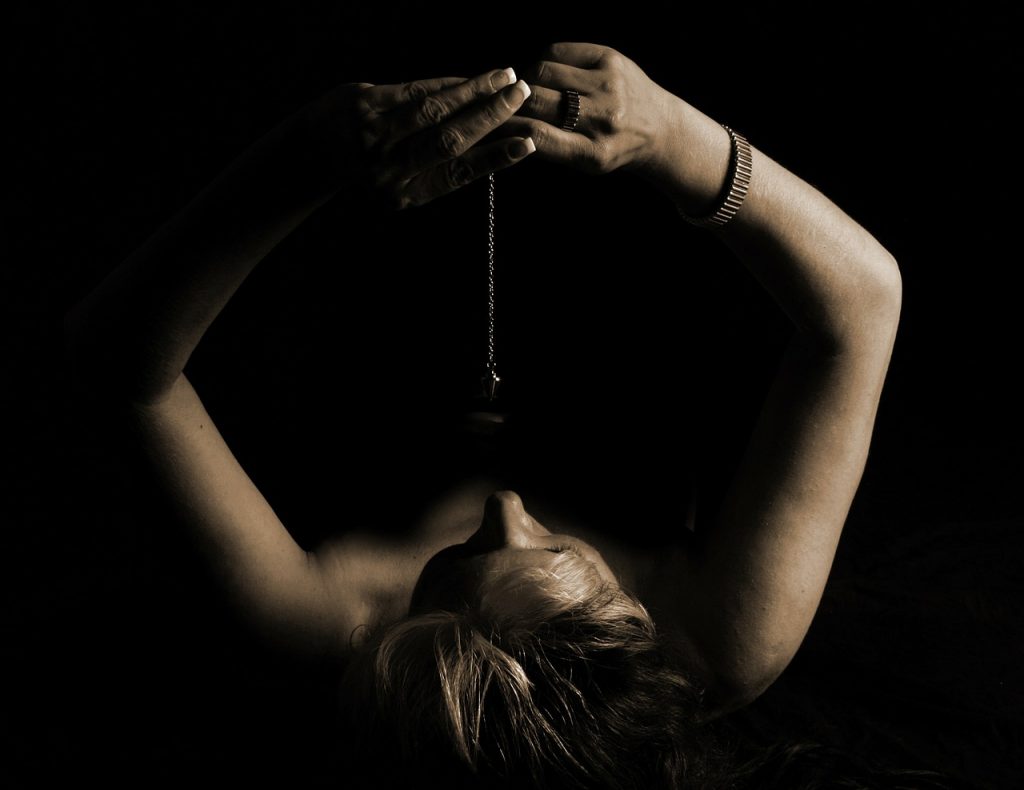

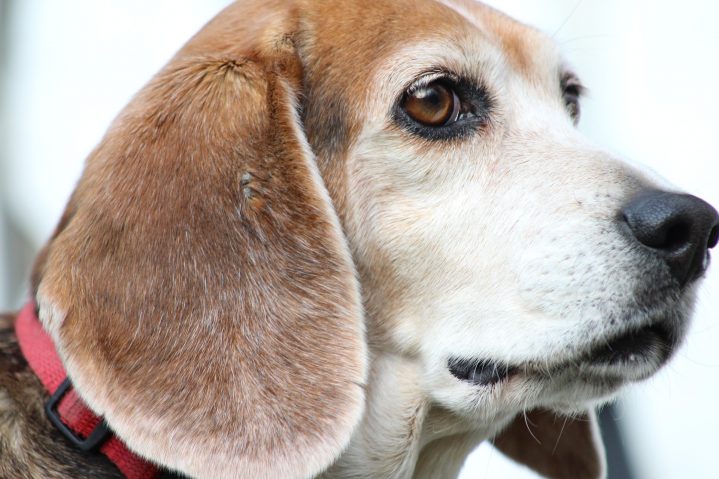
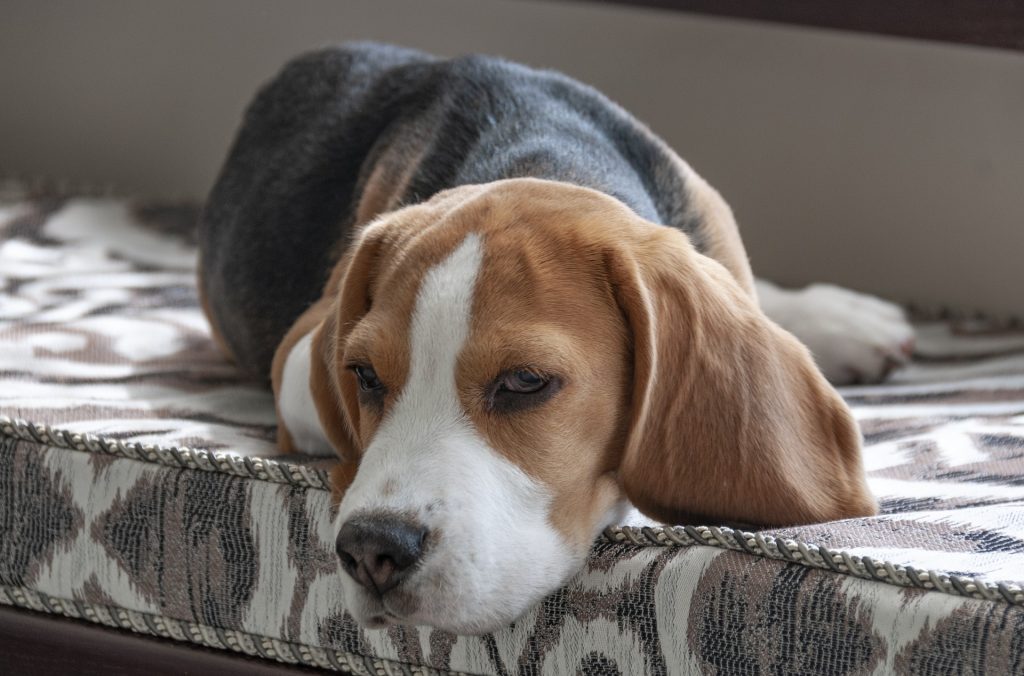
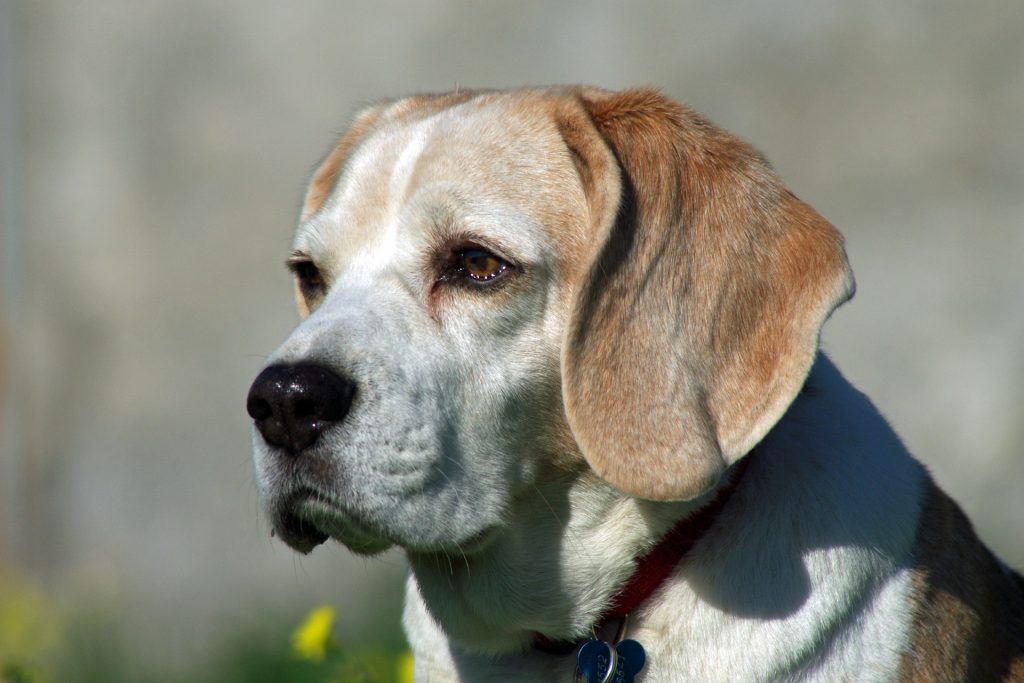

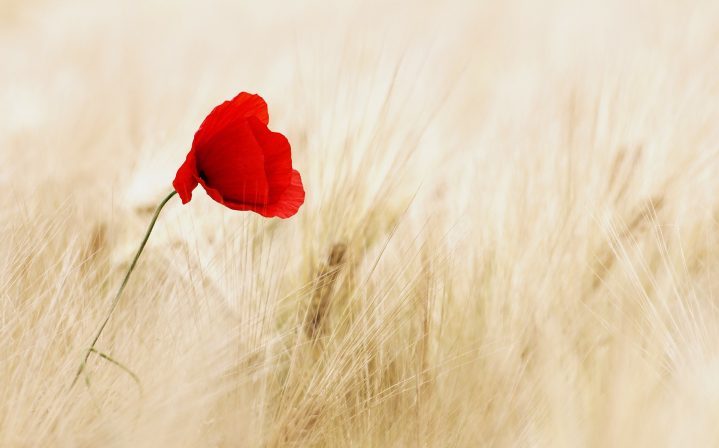
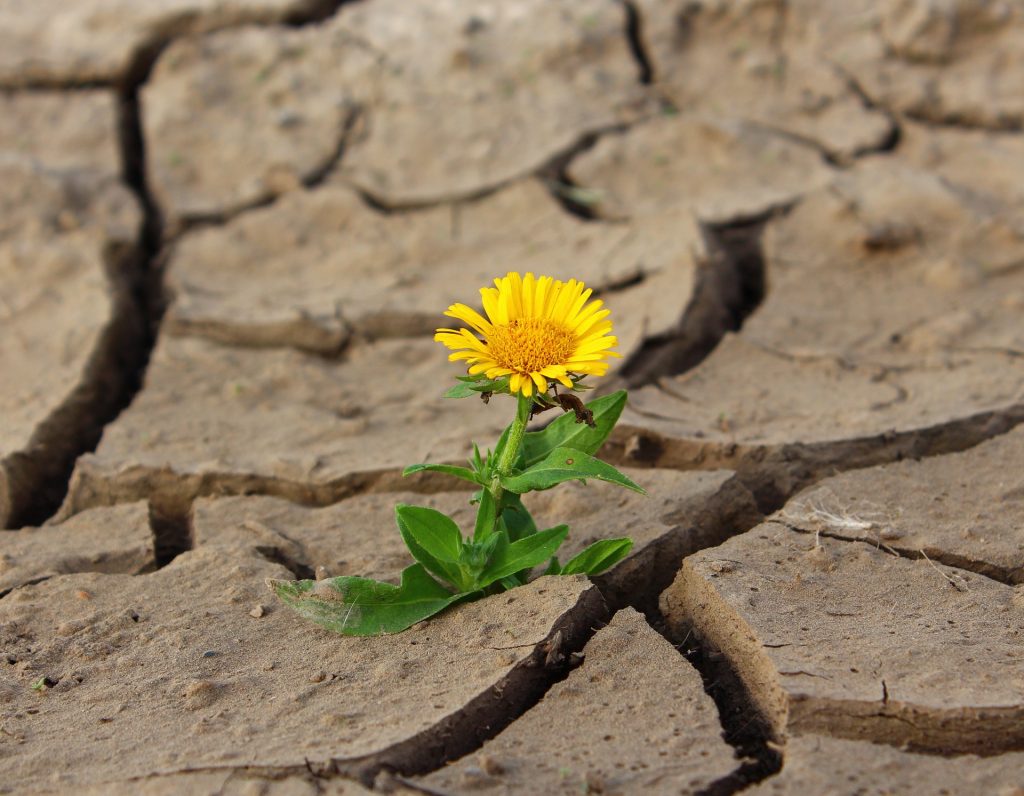

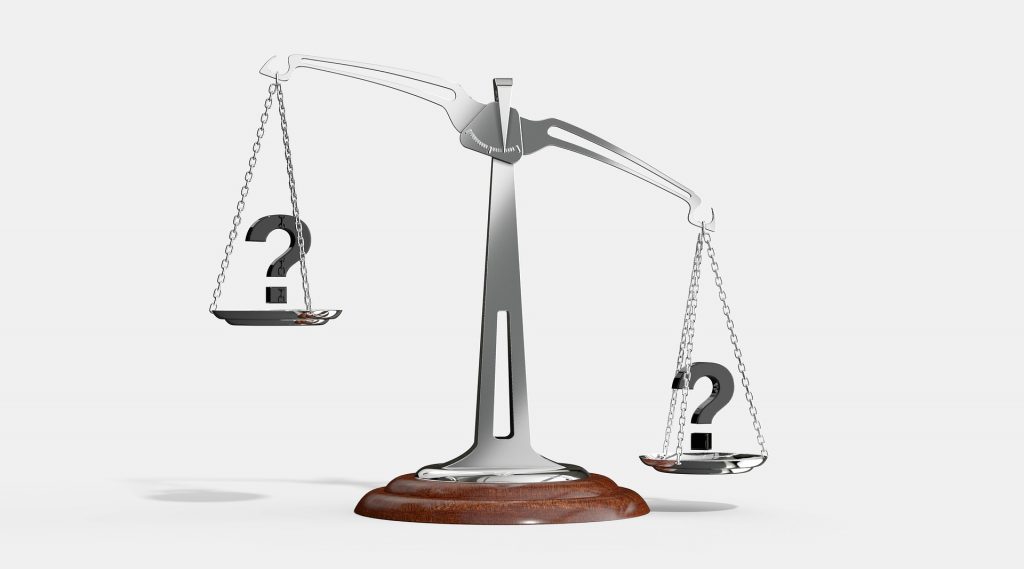



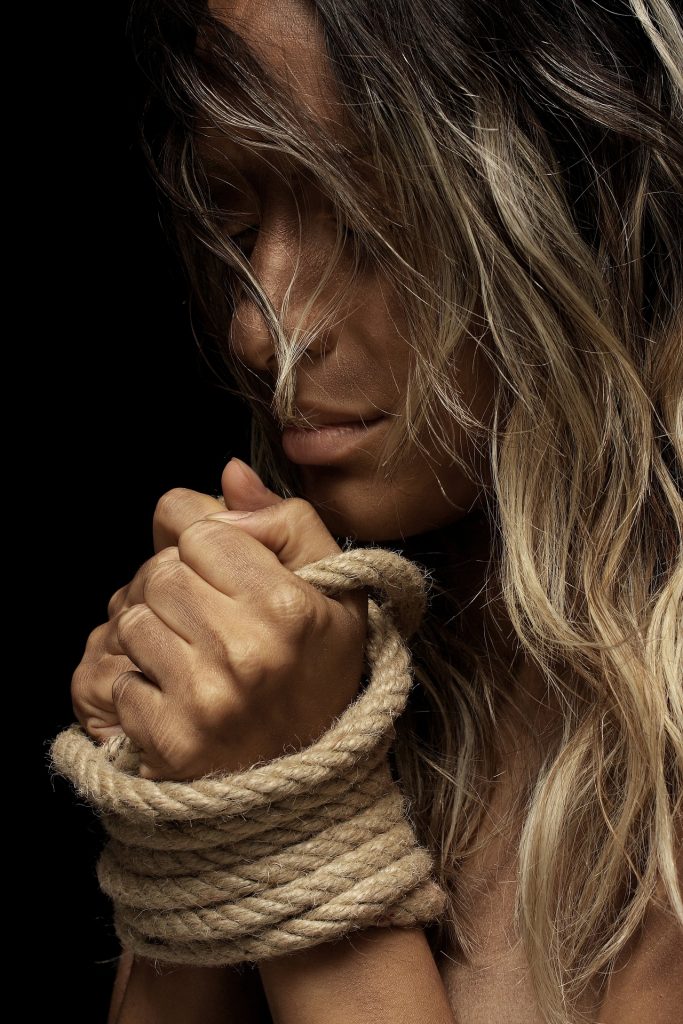
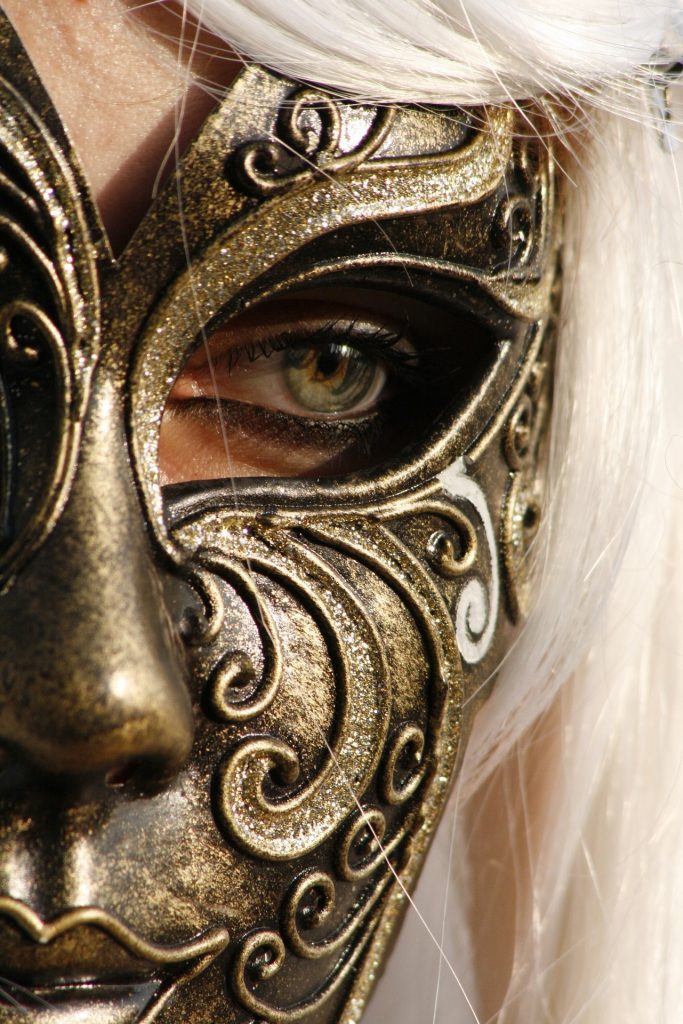


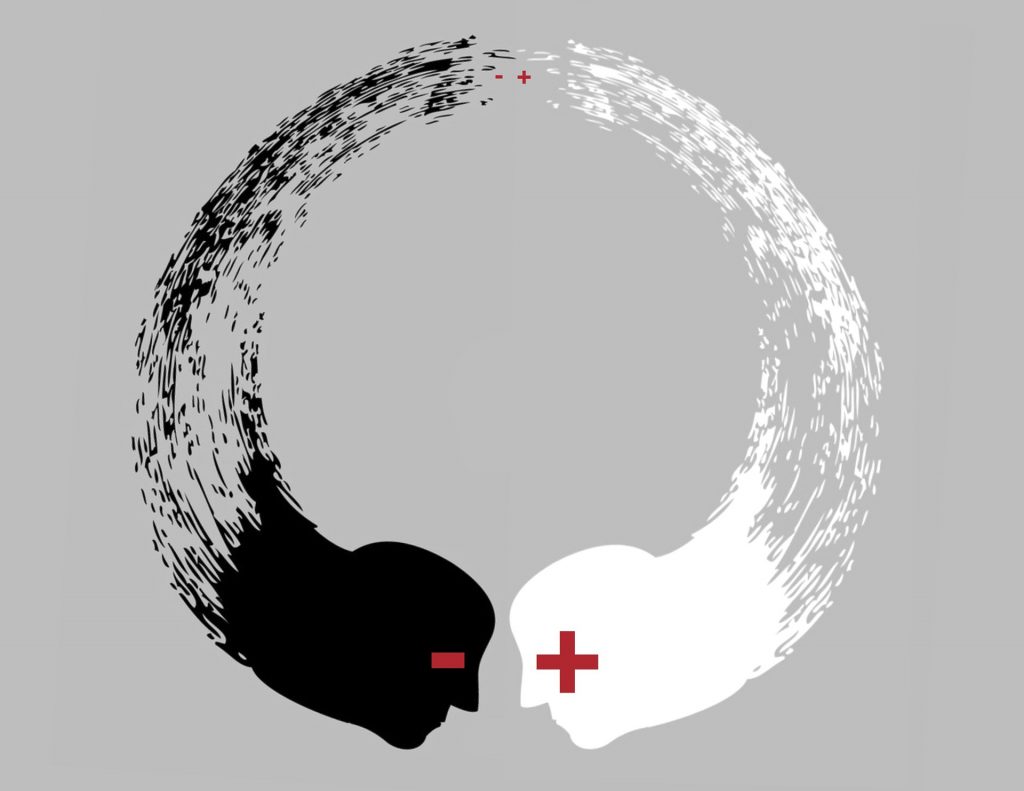

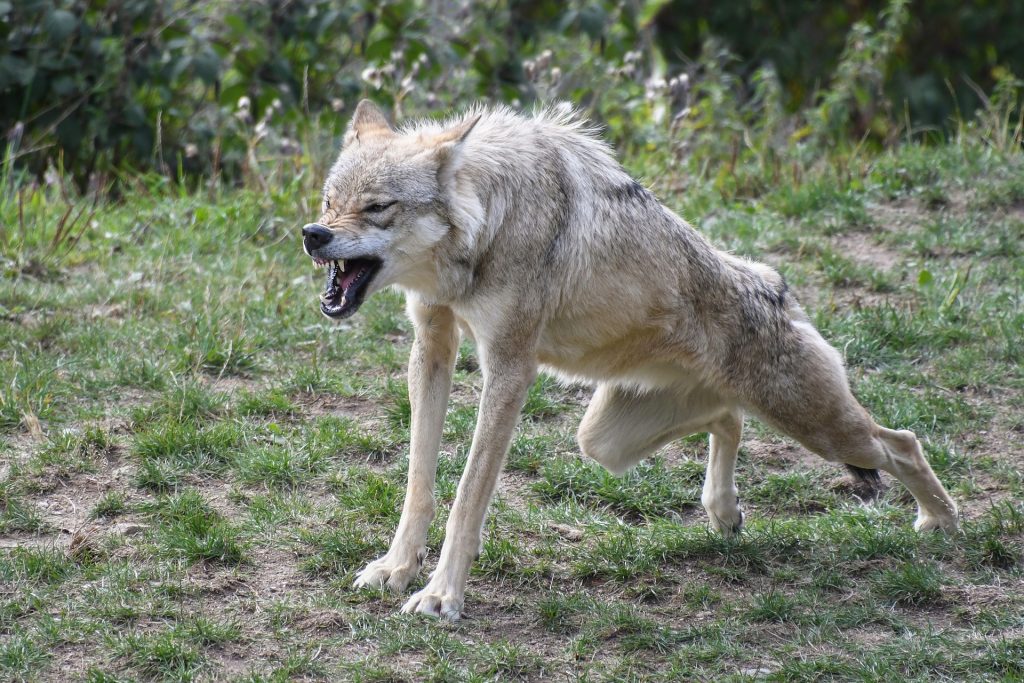
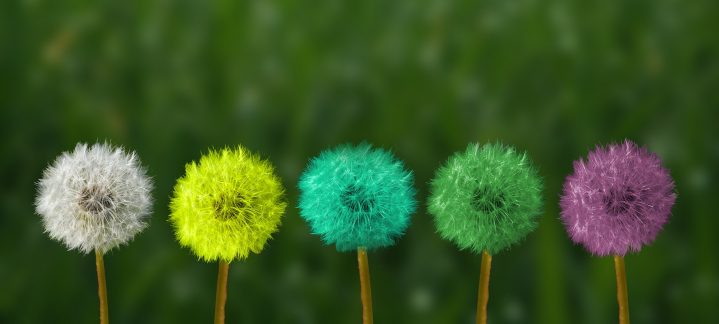
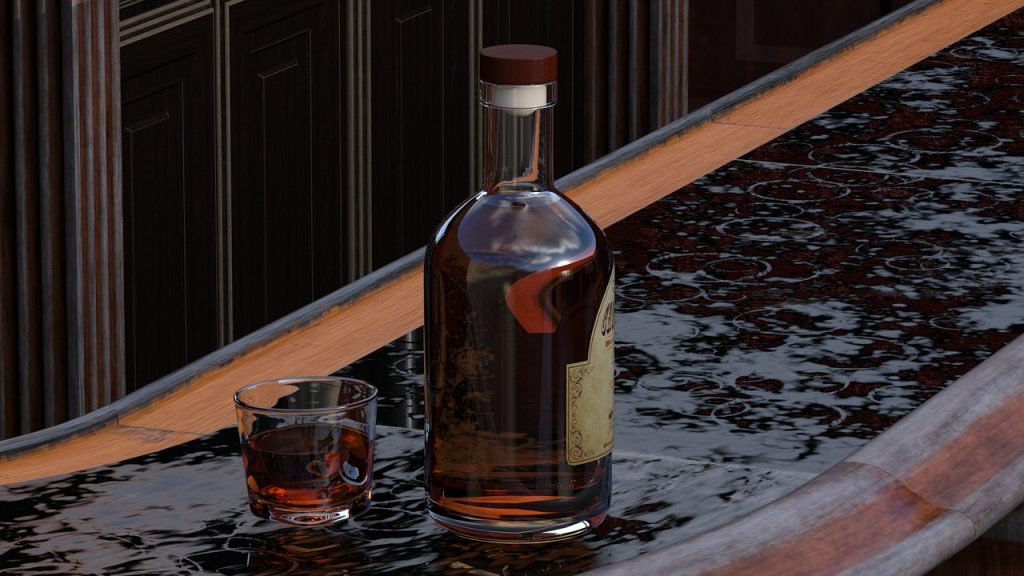
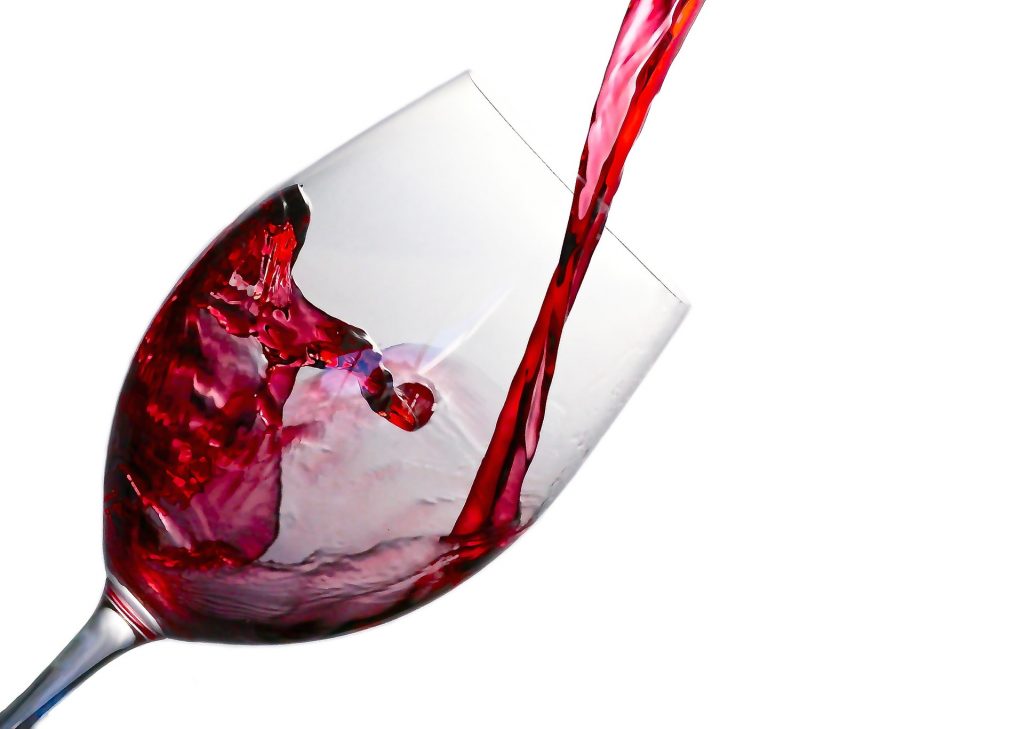

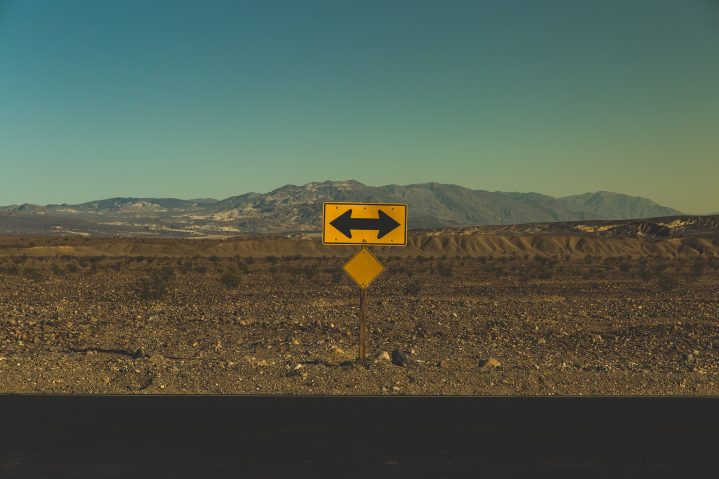

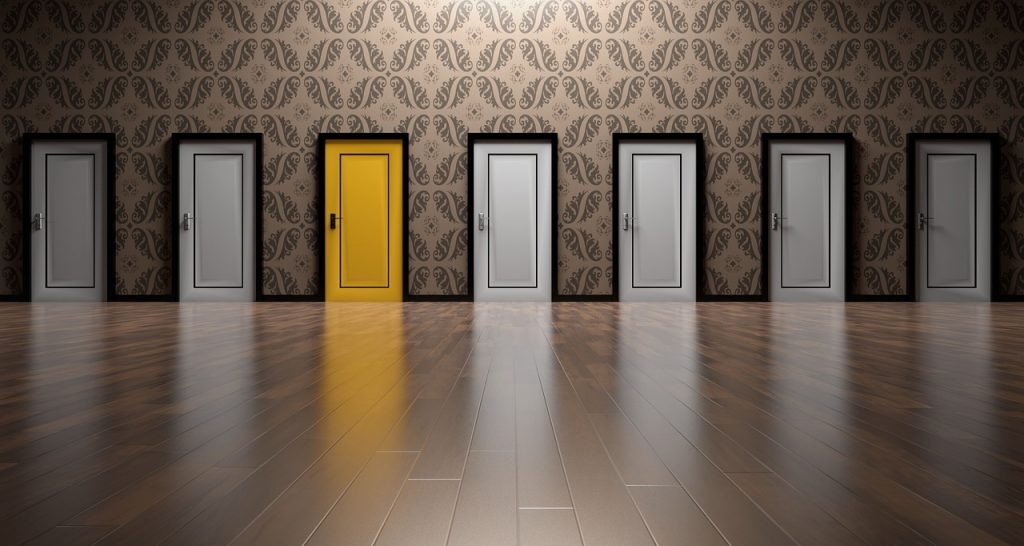
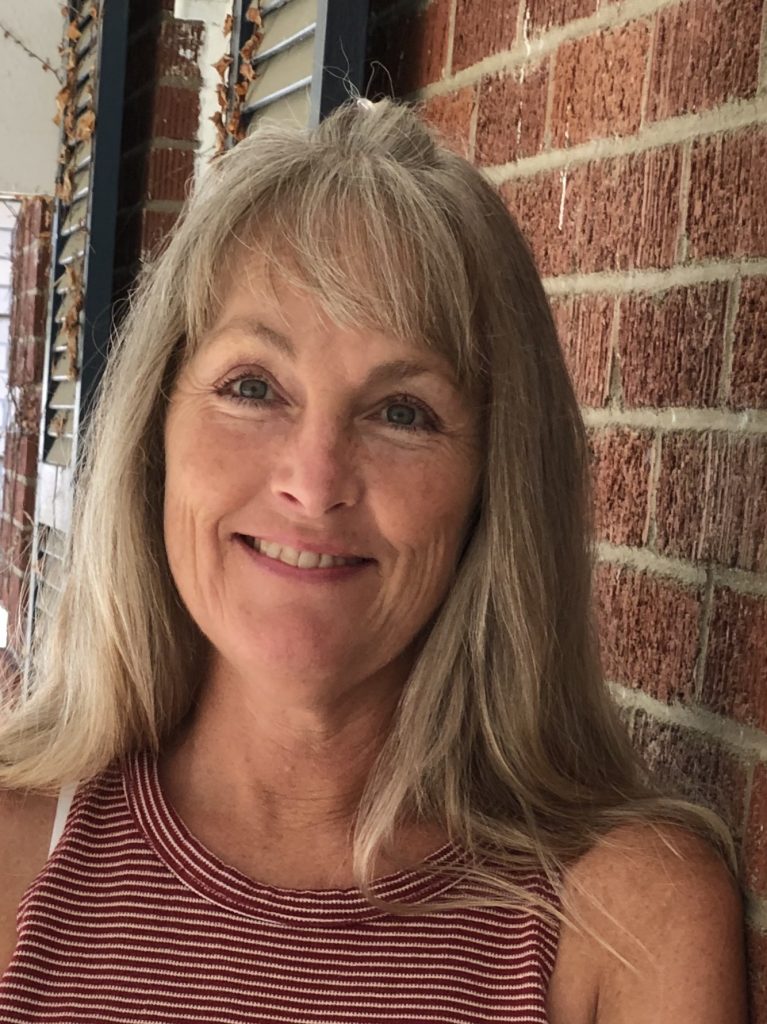
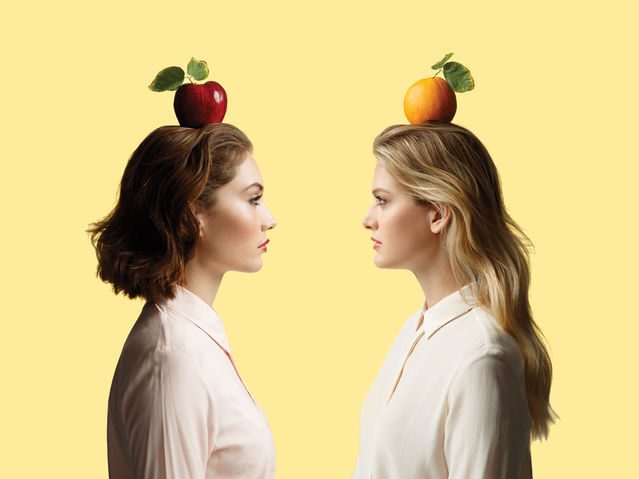

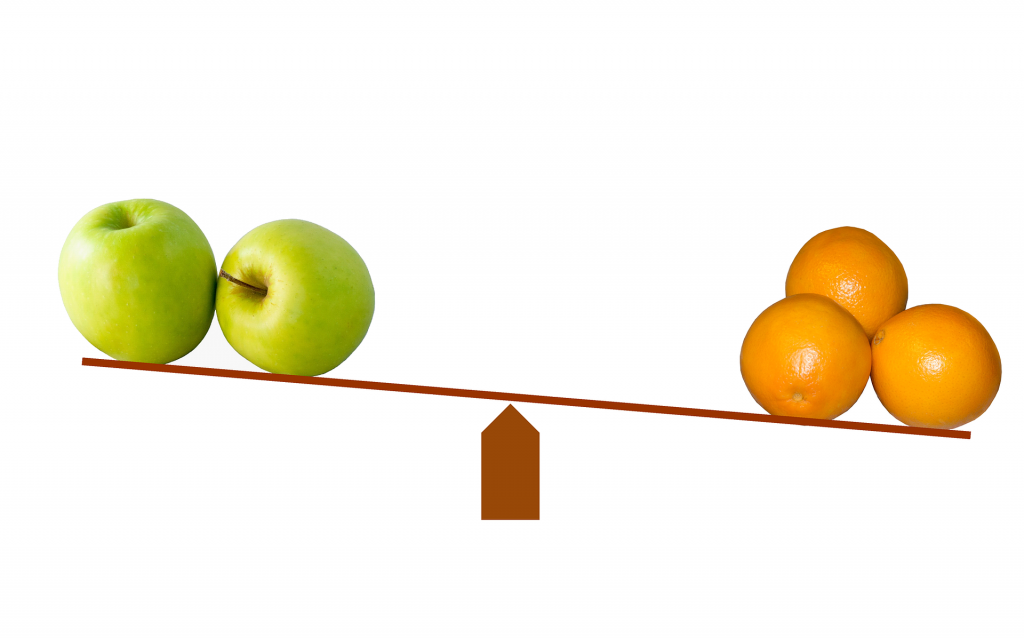
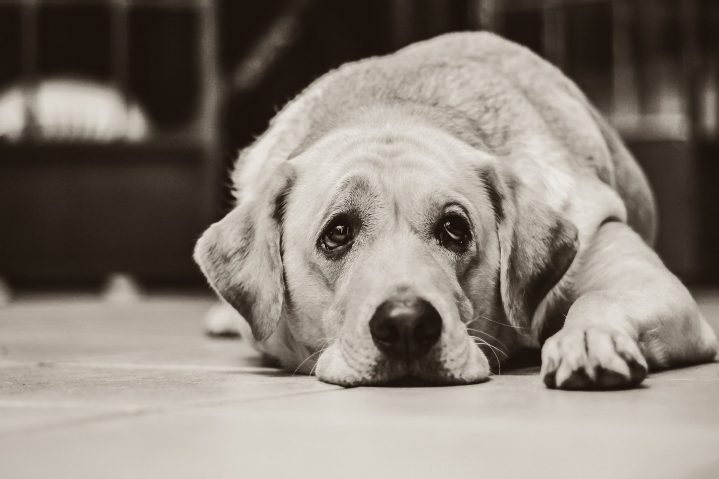


Recent Comments